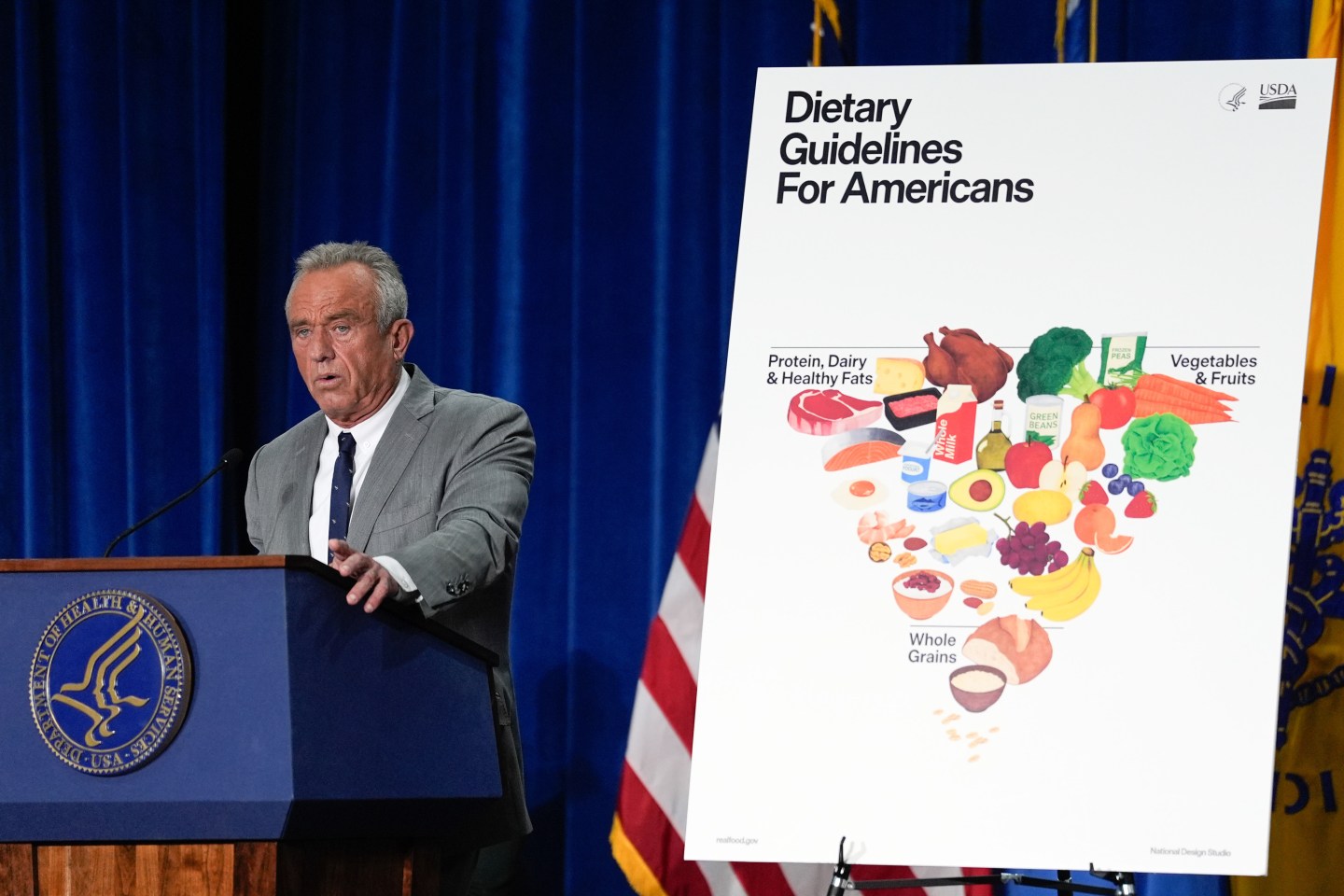You may have already heard that your biological age—the rate at which you are physically aging—may differ from your actual age, depending on how healthy you are.
Now scientists have revealed your heart may have its own age, too—and they say that knowing it could be the key to being in top cardiovascular form.
“Telling a 55-year-old that their heart looks 65 can be a powerful nudge to tighten blood-pressure control, lose weight, or exercise more,” Dr. Pankaj Garg, lead researcher of a new study published on Thursday in the Open European Heart Journal, tells Coins2Day.
The study, out of the University of East Anglia in Norwich, England, where Garg is an associate professor of cardiovascular medicine, shows how MRI can be levied in a revolutionary way that uncovers the true age of a person’s heart. The hope is that the findings can transform how heart disease is diagnosed, allowing people to catch problems before they become a life risk.
UEA researchers collaborated with hospitals in the UK, Spain, and Singapore to study MRI scans from 557 people—191 healthy individuals and 366 with conditions like high blood pressure, diabetes, or obesity. Using advanced imaging, they measured the size and strength of the heart’s chambers, and then built a formula to calculate the heart’s “functional age,” checking it against healthy hearts to make sure it was accurate.
“We found that an MRI scan can reveal your heart’s ‘functional age’—how old it acts, not how old you are.,” Garg noted in a news release. “In healthy people, we found that heart age was similar to chronological age. But for patients with things like diabetes, hypertension, obesity, and atrial fibrillation, their functional heart age was significantly higher.”
People with these types of issues have hearts that can age faster than the rest of their bodies—sometimes by decades. And knowing this could help doctors stop heart disease in its tracks, and even spot trouble before symptoms start, essentially serving as a “game-changer” for keeping hearts healthier for a longer time.
“Seeing that bigger picture helps doctors spot people whose several small risks are quietly adding up, so they can step in early with stronger lifestyle advice or medicines instead of treating each diagnosis on its own,” Garg explains.
While “mass screening” of the general population isn’t practical, however, cardiac MRI is the “gold standard,” radiation-free way for checking heart size and function for those already investigating their cardiovascular health. Researchers suggest, for those in that position, with a doctor ordering a routine heart MRI, that the images be run through the new study’s model.
Then, if you learn your heart is older than you, the most important question, says Garg, is “‘How do I make my heart’s age match my own?’ Through healthy blood pressure, good glucose control, regular activity, and a sensible weight. Our formula simply makes that conversation clearer.”
More on heart health:
- Walk this way for a healthy heart, says study
- It’s not just about cholesterol. 1 in 5 have high levels of this artery-clogging substance that can lead to heart disease
- Ultra-processed foods are driving premature deaths. Here are the 4 common culprits













